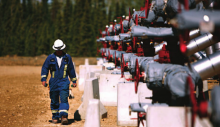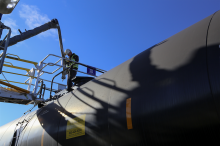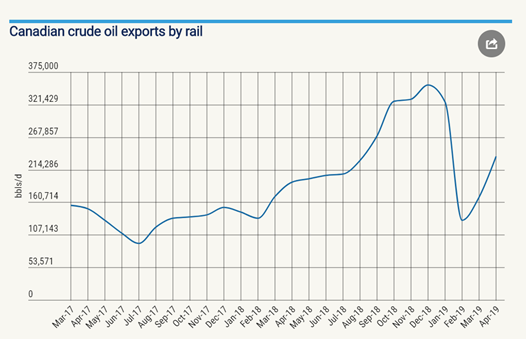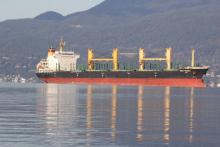May 31 2019 - Canadian Natural Resources Limited’s announced acquisition of Devon Energy’s oilsands assets continues the “Canadianization” of the massive resource as international-based companies exit the sector.
The trend was already well underway well before this week’s announcement, but it’s worth taking a look at how ownership of Alberta’s massive resource will sit following the deal’s close, which is expected in June.








